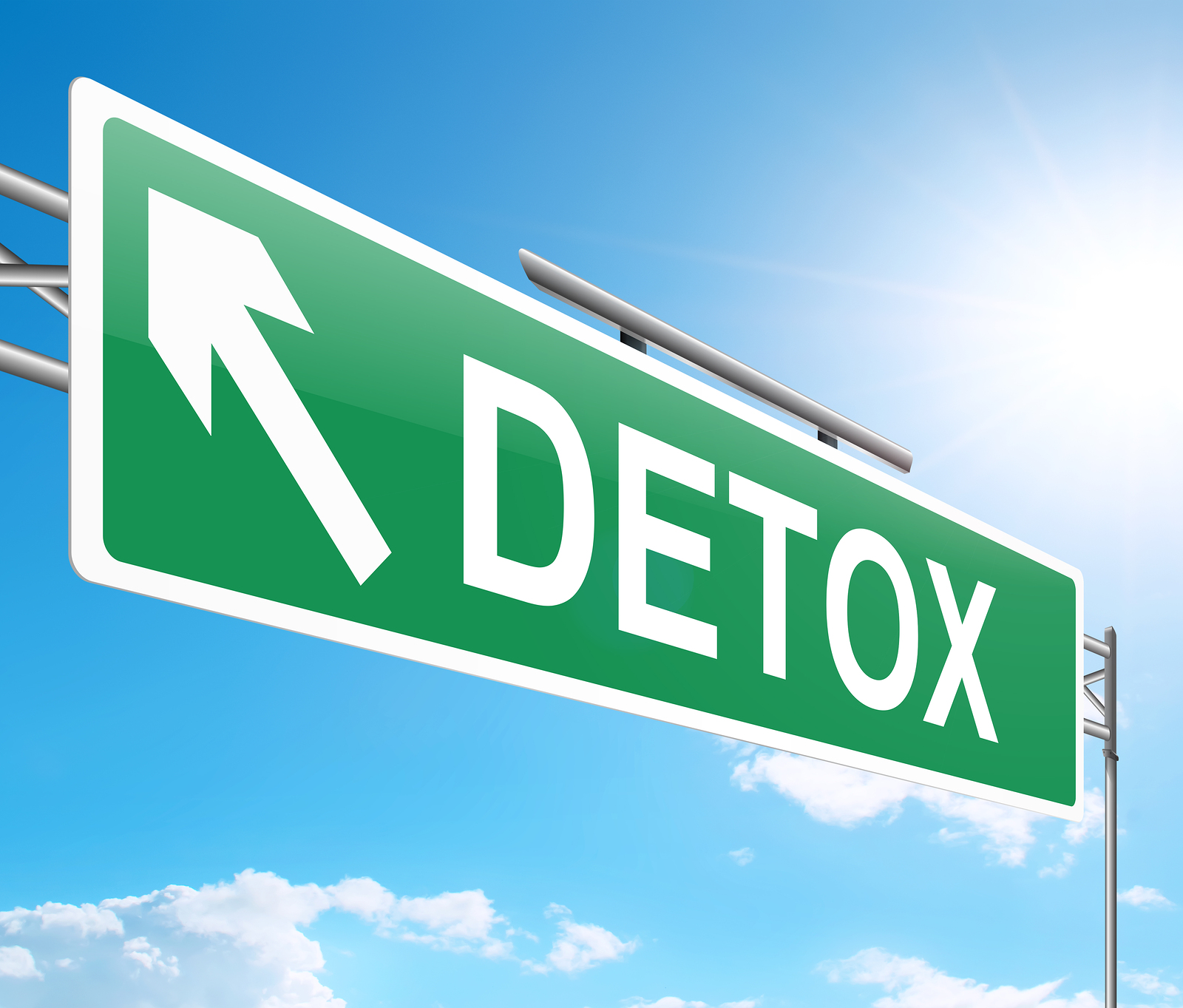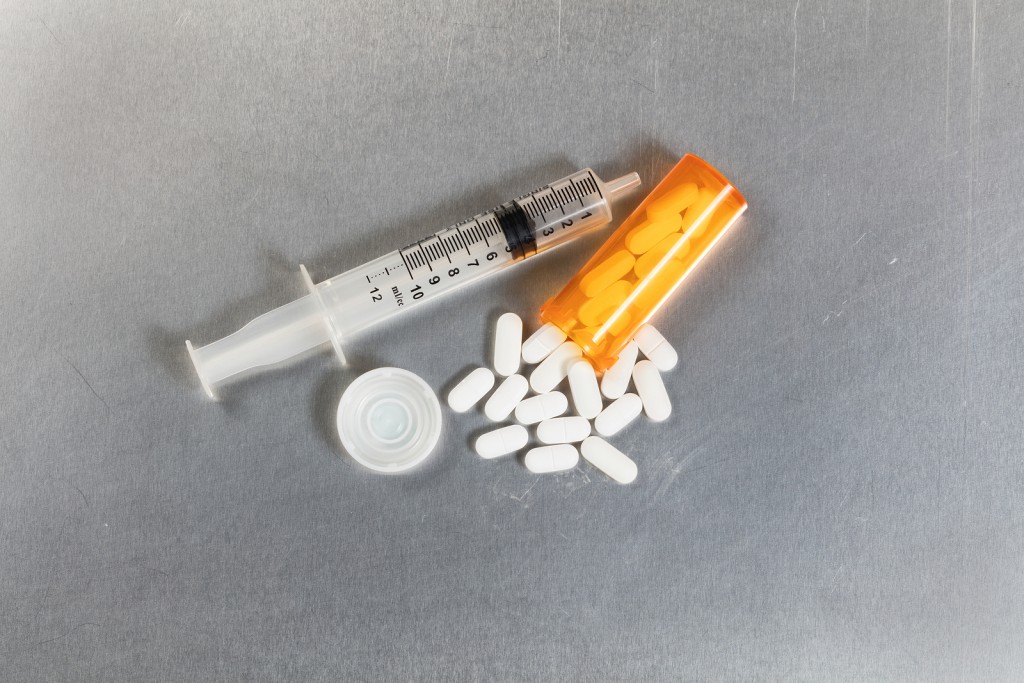
For many, the topic of detox is frightening. Those who have struggled, or do struggle, with addiction, are most likely aware of the unpleasant withdrawal effects the brain and body undergo when they don’t take more of a substance before the prior dose begins to wear off.
Withdrawal signs manifest as the body adjusts to the lack of chemicals it previously learned to rely on. As those levels change in the body, the body adjusts and withdrawal signs present themselves. This is why the process of detoxing from painkiller medication can be so unpleasant; but with the right detox program, medical supervision and administration can help you safely and efficiently undergo detoxification and set you on the path to a full recovery.
What is detox?
Detox is when you allow your body to rid itself of any toxins living in your system – you can detox from numerous things, including caffeine, gluten and sugar, or more problematic substances like nicotine, alcohol and all other addictive drugs/painkillers. A detox is a reset that benefits your body by clearing out the effects of unhealthy habits to make space for new, healthy, life-giving ones.
The benefit of detoxing, especially from painkillers, is that you not only improve the physical health of your body but pave the way for an increase in mental health as well.
Detox is not the only stage of addiction recovery, but it is a crucial one. Detox is the vital first step in healing your physical body so that you can next heal your mental space without the constant withdrawal symptoms caused by detox.
Symptoms of detox
In order to better prepare for detox, it’s helpful to know what to expect. You will encounter certain symptoms as the painkillers are flushed from your body and natural chemicals are supplied to take their place.
Initial signs of withdrawal
When you first go through painkiller withdrawal, your body begins adjusting to the absence of the drug in your system, which can be quite uncomfortable. Some of the more common first signs of painkiller withdrawal include:
- Anxiety
- Irritability
- Sweating
- Muscle aches
- Insomnia
- Yawning
These symptoms can begin manifesting within 10-12 hours of the last dose taken. The length of time they last and the severity they reach depends on a number of factors, including one’s personal history of abuse (which painkillers were abused, how often and how much) and one’s physical health.
Later signs of withdrawal
As time goes on and you get further along into withdrawal, your symptoms may increase. Examples of the late-onset indications of withdrawal include:
- Vomiting
- Abdominal cramping
- Dilated pupils
- Diarrhea
- Nausea
- Shaking and tremors
- Increased respirations
You’re also likely to crave painkillers during this time, as your body has been trained to seek them out as a means of mitigating unpleasant symptoms. This is one of the reasons enrolling in a detox treatment program is most important – with proper medical supervision, you can be administered medications to help decrease severe symptoms and ease your body through more intense cravings.
Benefits of detox
Most likely you are familiar with the concept of detoxing “cold turkey.” If not, this is when someone who has been abusing drugs and alcohol chooses to stop using substances without any medical intervention. They simply don’t take another dose of painkillers and allow their body to experience the full effect of withdrawal.
While this courage is admirable, it can sometimes lead to a relapse that, in turn, leads to an accidental overdose. Not to mention some detox symptoms, like seizures, can be frightening and dangerous. For this reason, it’s highly recommended to seek out a professional detox center to help you smoothly undergo detox and prepare you for the next step of recovery.
In addition to reduced relapse risk, another benefit of detox is the use of medication-assisted treatment (MAT) to help ease the transition off of opioids. The use of these medications can go a long way in keeping a person from relapsing by helping with cravings and lessening the severity of symptoms. There are a number of other alternatives and medications that can make withdrawal easier.
Once you’ve completed detox, continued access to professional help will make the next step in your journey to recovery much easier. Although opioids may now be out of your system, it is still crucial to seek out counseling services to help address the addiction and any underlying mental health disorders. Attending the right treatment program will help you better understand the addiction, learn skills for overcoming addictive behaviors and give you strategies on how you can continue to help your body recover and repair.
Ready to begin the detox journey?
There is no need to go through recovery alone – lean on your trusted friends and family members, and seek out an accredited treatment facility to walk with you during the detox process. To get started today, reach out to High Focus Centers to learn more about what detox would look like for you.
Contact us by calling our offices at 800-877-3628 to begin the application today.
Recent Posts
- The Impact of Teen Mental Health on Education
- The Importance of Early Intervention in Mental Health Issues
- Understanding School Clearance Notes and Risk Assessments: What New Jersey Families Need to Know
- Coping Skills for Stress: Effective Ways for Young Men to Manage Stress in Daily Life
- What to Know About Out-of-State Addiction Treatment Therapy and Mental Health Disorder Treatment




